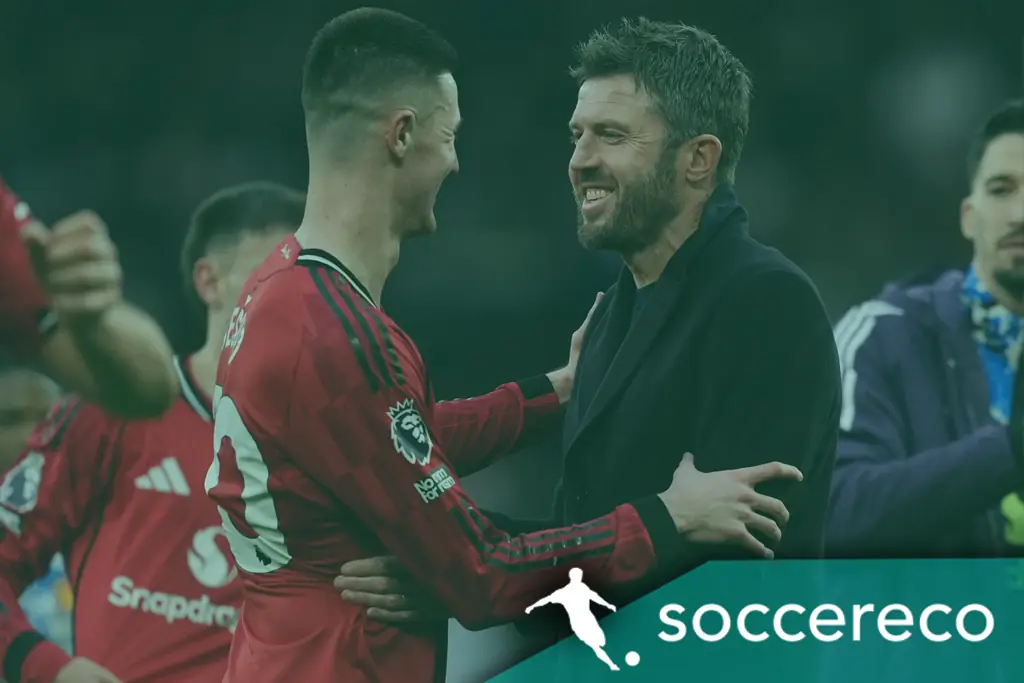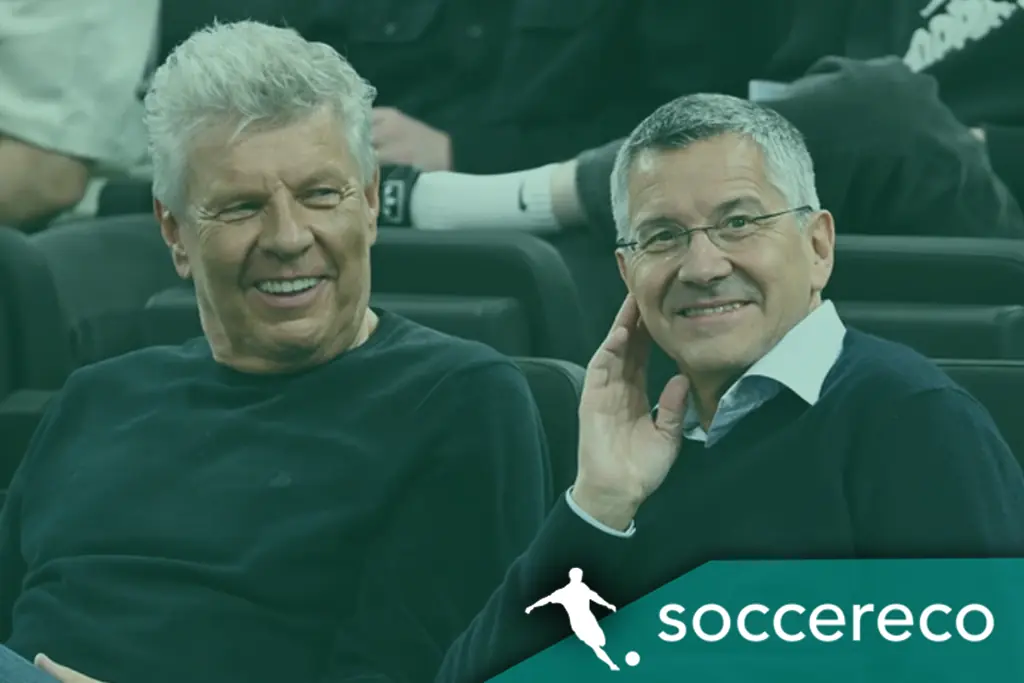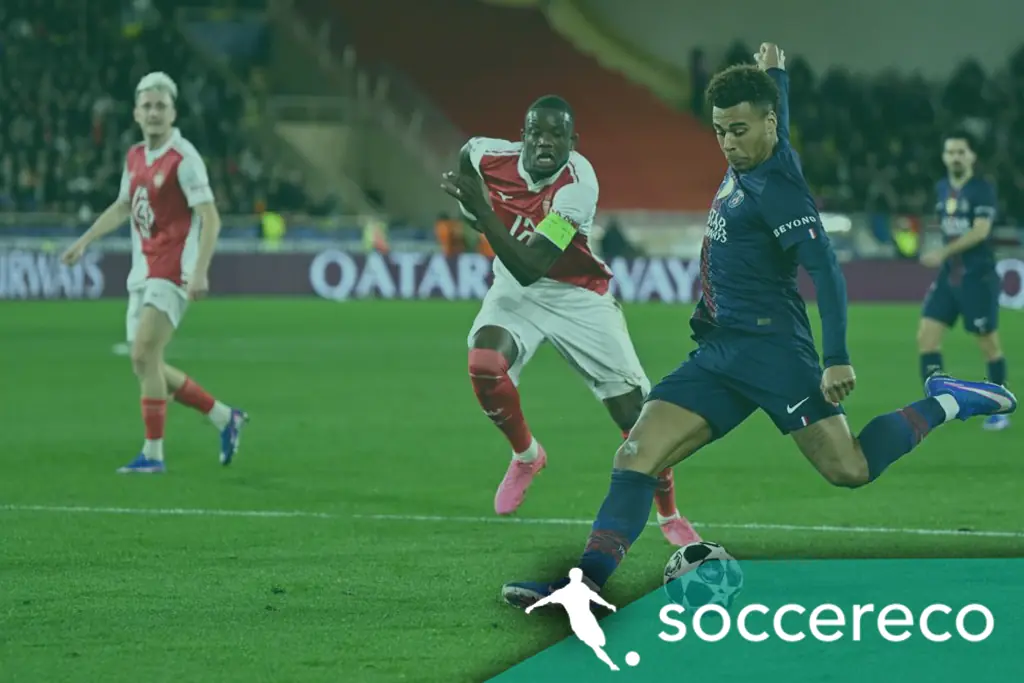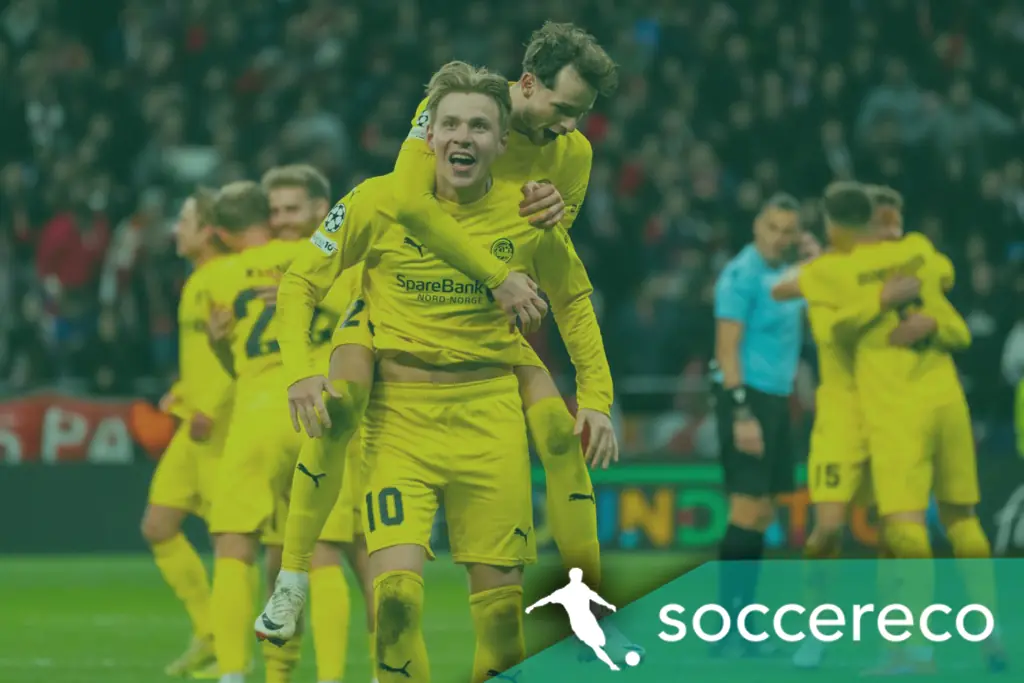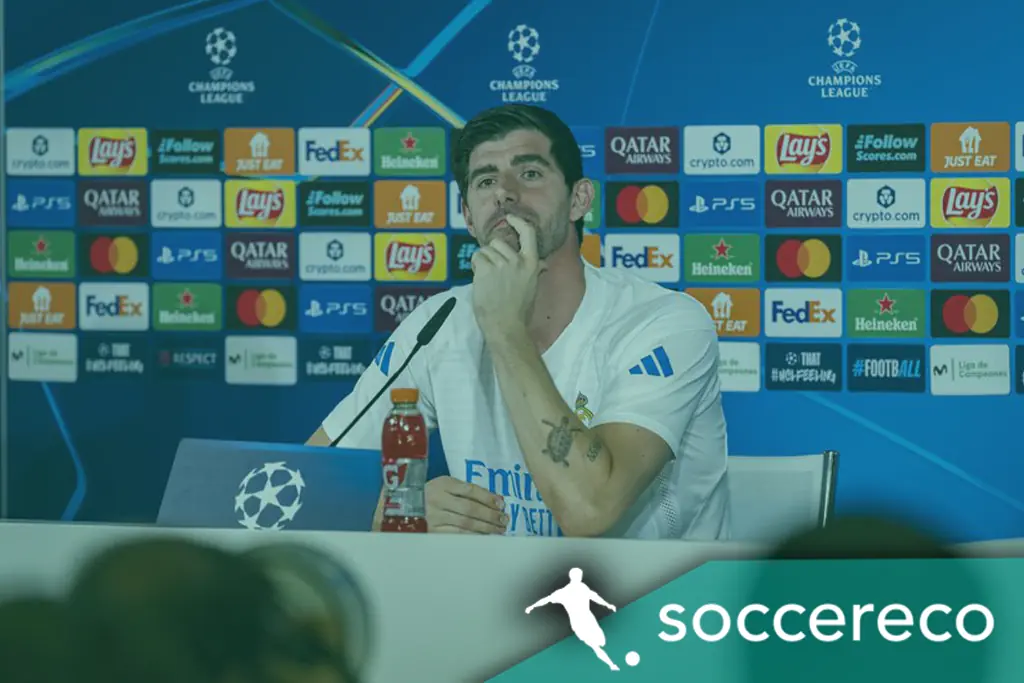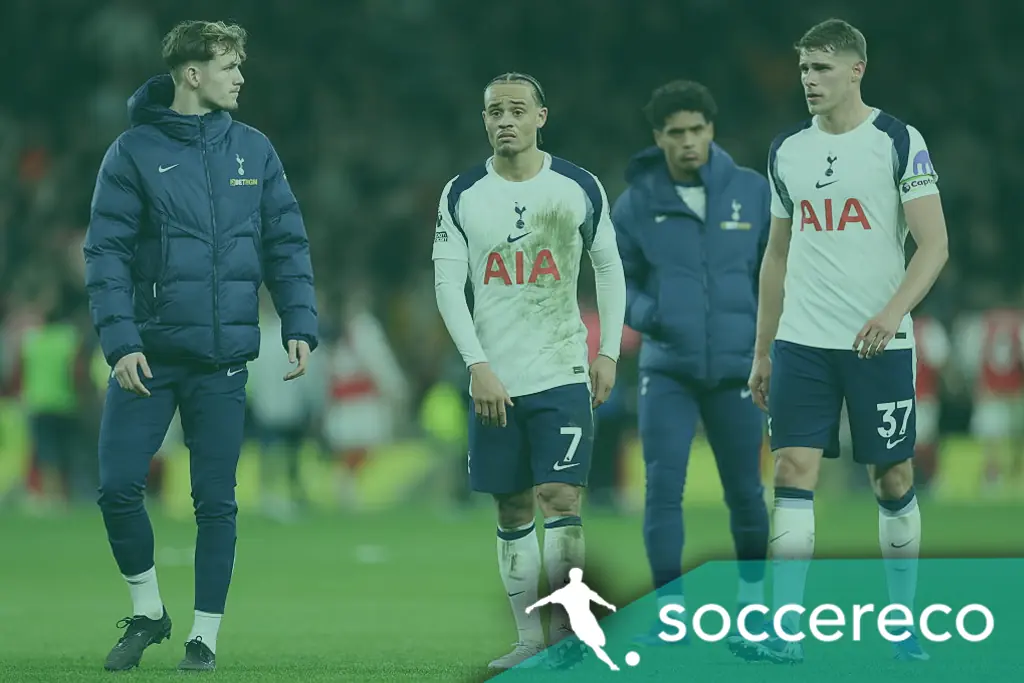José Mourinho has no kind words for refereeing in Portugal. On Sunday night, SL Benfica squandered a 2-0 lead at home against Casa Pia. The manner in which the 2-1 was awarded is causing enormous frustration for Mourinho.

Benfica’s 2-2 home draw against Casa Pia spiraled from routine control to raw controversy, turning a comfortable night into a flashpoint in Portugal’s ongoing debate about refereeing and the use of VAR.
After building a 2-0 lead, Benfica conceded midway through the second half from a penalty that followed a handball decision against captain Antonio Silva. The ball first deflected off Silva’s own thigh before touching his arm, a sequence that many coaches and analysts usually regard as mitigating. VAR did not recommend an on-field review and the penalty stood. Anatoliy Trubin saved the initial spot kick, only for Tomás Araújo to inadvertently turn the rebound into his own net. Deep in stoppage time Casa Pia snatched the equalizer, completing a late comeback that felt improbable for most of the evening and allowed FC Porto to stretch their advantage over Benfica in the title race.
The fallout was immediate and intense. José Mourinho, already a sharp critic of officiating standards this season, voiced his frustration in the post-match press room. He argued that the penalty incident was precisely the kind of situation in which VAR should intervene to correct what he viewed as a clear error. He noted that football’s lawmakers and governing bodies often highlight examples at the start of each campaign to clarify when handball should and should not be given, and he believes this scenario matched the non-penalty guidance many teams expect. He stopped short of going further only because he is wary of disciplinary sanctions, but the thrust of his comments left little room for ambiguity. In his view, the match officials and VAR combined to inject jeopardy into a game Benfica had been managing well.
Rui Costa, Benfica’s president, echoed the sentiment with unusually forceful language. He framed the episode as evidence of a deeper ailment in Portuguese football, promising to request a formal hearing with the Portuguese Football Federation and the refereeing committee. His statement transforms a single refereeing flashpoint into an institutional issue, and it ensures that this match will have an off-field sequel. Benfica will likely press for explanations on the specific protocol followed, the threshold for VAR intervention, and the consistency of decision making across recent rounds.
From a football perspective, the game can be split into two distinct chapters. In the first, Benfica imposed their rhythm. Their pressing structure pinned Casa Pia back, and the hosts looked fluid between the lines, finding midfield runners in pockets and feeding the wide channels with purpose. The 2-0 advantage reflected superiority in territory, possession, and chance creation. Patterns were clear: fullbacks stepping into midfield to add an extra passer, wingers driving diagonally to force defensive rotations, and a striker occupying both center backs to open space for late-arriving midfielders. Casa Pia, disciplined and compact, survived several sequences through last-ditch interventions and a goalkeeper alert to cutbacks.
The second chapter opened with the penalty decision, which flipped the psychology of the evening. Suddenly Benfica’s composure eroded, and the visitors sensed vulnerability. Casa Pia pushed their lines a little higher, committed more midfielders into second balls, and attacked quickly after recoveries. Benfica’s transitions, tidy earlier on, grew ragged as legs tired and minds drifted toward protecting a fragile lead. The equalizer in stoppage time was a product of that new dynamic: pressure, persistence, and belief that the improbable was within reach.
The episode will inevitably prompt renewed scrutiny of handball interpretation. Across Europe, referees are instructed to weigh factors such as distance, deflection, speed, and whether the arm position makes the player unnaturally bigger. When the ball deflects off the player’s own body onto the arm at close range, many expect leniency unless the arm is clearly extended or creating a barrier. Supporters and pundits will debate where Silva’s arm sat on that spectrum. VAR’s choice not to recommend an on-field review is the crux of the resentment. Fans do not demand perfection, but they expect transparent logic and consistent thresholds. When those appear to wobble, trust erodes quickly.
For Benfica, the consequences extend beyond two dropped points. Momentum matters in a title race. They must now manage frustration inside the dressing room, keep focus on the training ground, and avoid letting a refereeing row become a self-fulfilling distraction. Mourinho’s post-match remarks contained a telling admission: regardless of the controversy, the team still had to avoid conceding the second goal. That acknowledgment may become the coaching staff’s guiding message during the next training cycle. Benfica will work on game-state management, late-phase concentration, and eliminating cheap fouls and turnovers that invite pressure in closing minutes.
Casa Pia deserve credit for resilience and tactical clarity under stress. Many teams fade at 2-0 in a hostile venue, but they stayed within their structure, chose moments to counter, and capitalized on the momentum swing. Their bench made proactive adjustments, freshening legs and adding verticality, which helped pin Benfica deeper and created the chaos that the equalizer required. It is the kind of result that can galvanize a season for a club outside the traditional elite.
Institutionally, the announced Benfica push for a hearing could have ripple effects. Even if no disciplinary measures arise from this specific match, the conversation may accelerate efforts to refine communication between the on-field referee and the VAR booth. Clearer public explanations, similar to practices piloted in some competitions, could calm tensions. Clubs want predictable application of the laws. Broadcasters and fans want timely, concise clarifications. If this match becomes a catalyst for better transparency, it may leave a constructive legacy.
In the immediate term, all eyes turn to the league table and the fixture list. Porto’s cushion grows, and Benfica’s margin for error shrinks. The next round becomes both a test of character and a referendum on lessons learned. Respond with a calm, controlled performance and the controversy shrinks in the rearview mirror. Stumble again and the debate over refereeing will start to blend with questions about mentality and execution.
One match rarely decides a title, but certain nights mark inflection points. Benfica’s draw with Casa Pia will be remembered not only for two late goals and a disputed penalty but also for what follows in boardrooms, training sessions, and the corridors of governance. If the club channels its anger into clarity and improvement, the damage can be contained. If not, a single decision may cast a shadow longer than ninety minutes.
Updated: 03:41, 10 Nov 2025

